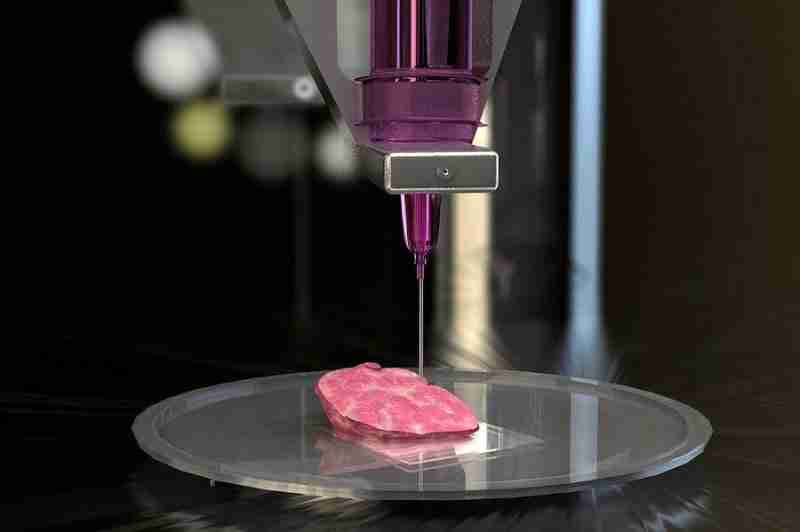Anthony Atala, the director of the Wake Forest Institute for Regenerative Medicine, and his team are… creating tiny replicas of human organs — some as small as a pinhead — to test drugs to fight Covid-19.
The team is constructing miniature lungs and colons — two organs particularly affected by the coronavirus — then sending them overnight by courier for testing at a biosafety lab at George Mason University in Fairfax, Va.
…
Dr. Atala says that the organoids allow researchers to analyze a drug’s impact on an organ “without the noise” of an individual’s metabolism.
He cited Rezulin, a popular diabetes drug recalled in 2000 after there was evidence of liver failure. His lab tested an archived version of the drug, and Dr. Atala said that within two weeks, the liver toxicity became apparent. What accounts for the difference? An organoid replicates an organ in its purest form and offers data points that might not occur in clinical trials, he said, adding that the testing is additive to, rather than in lieu of, clinical trials.
The team at Wake Forest is partnering with the technology company Oracle to capture the data from the organoids and analyze it with artificial intelligence. The project, known generally as the body-on-a-chip system, involves printing living tissue on a microchip to allow drugs to be studied for toxicity and efficacy even before clinical trials begin.



































